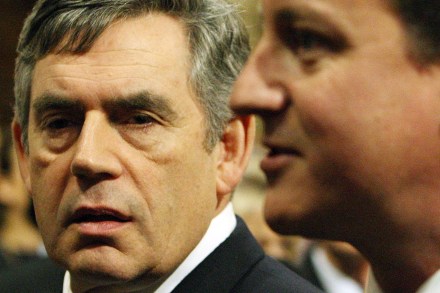Going Dutch | 23 February 2010
“Going Dutch” will take on a whole new meaning now that the collapse of the Dutch government looks set to result in the country’s departure from Afghanistan. Withdrawal had been on the cards for at least a year – especially as the coalition Labour party had campaigned to return Dutch troops at the last election. But now the process has gone into overdrive. Militarily, the competent Dutch forces will be sorely missed. They have done a really quite impressive job in Uruzgan province. But the Dutch pullback will be an even bigger problem politically. NATO likes to refer to the dictum it formulated during the Balkan operations – “in
















